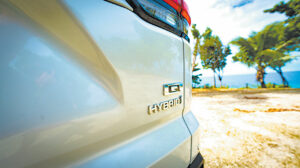
Will ‘usership’ rather than ownership eventually become the norm as cars quickly evolve?
THE GROWTH streak of the Philippine automotive market continues. As of November 2024, the Chamber of Automotive Manufacturers of the Philippines, Inc. (CAMPI) reported that its 425,208 unit sales total reflected 8.8% growth versus the same period (January to November) in 2023. Significantly, CAMPI nearly eclipsed its 2023 sales total (429,807) with still a month of selling to go. Note that in 2023, CAMPI member companies’ sales mustered 22% growth.
The country is back on track to motorization. A study by Asian Automotive Analysis reported that in 2022, the number of vehicles per 1,000 people in the Philippines was at 48. This compared with Malaysia at 533, Thailand at 290, Indonesia at 87 and Vietnam at 44. Clearly, we have a long runway ahead of us.
The resurgence of motorization is expected to become even stronger as the Philippines prepares to transition to an upper-middle-income economy. If predictions by local economists hold true, we should breach the US$4,516 gross national income (GNI) per capita threshold of the World Bank by late this year or early 2026. It has been a long while coming but it seems tantalizingly close, according to recent estimates. At the end of 2023, our GNI per capita was reported at US$4,335.
GROWING FINANCED VEHICLE PURCHASES
This rise in middle-income status, a young population (with a median age of 25.7 years), and expanding access to credit is a trifecta that is expected to drive vehicle sales to record levels in the years ahead. The prospects are exciting, indeed.
The increased credit worthiness of Filipino car buyers and the expanded access to consumer credit can be a positively explosive combination. A finance industry executive estimates that the current profile of payments for car purchases in the Philippines would be about 20% cash, 25% company purchase orders and 55% through financing. In Thailand, a study by Deloitte reported that 74% of Thais prefer installment payments while 21% prefer cash purchases. Fitch Ratings, on the other hand, reports that 80% of car sales in Indonesia are financed.
Financed car purchases can grow even more rapidly especially if we consider that the household debt-to-gross domestic product (GDP) ratio of the Philippines stood at only 12.5% in 2023, the lowest among ASEAN markets. In comparison, the Institute of International Finance Global Debt Monitor reported Indonesia at 16.5%, Vietnam at 26.5%, Singapore at 47.3%, Malaysia at 68.9% and Thailand at 91.6%.
LEASING OPTION
Leasing is an emerging alternative to cash or financing when buying a car. In the USA, for example, an updated report by The Zebra in April this year revealed that one in two Americans bought their vehicle through an auto loan; 38% did so by cash and 7% through leasing.
There are two types of leasing: the finance lease and the full-service operating lease (FSOL). The finance lease is a straightforward installment package with three to five years as the commonly preferred tenures. The goal is ownership of the vehicle. The biggest provider of finance leases is Toyota Motor Financial Services Philippines, the captive financing arm of Toyota Motor Philippines. It offers products to individual and corporate buyers. There are a number of other companies that offer finance leases as well, but they deal more commonly with business-to-business transactions, presumably so as not to compete with their parent bank in the field of auto retail financing. Banks are not allowed to offer finance leases.
The difference between a finance lease and financing through a bank loan is that, in the former, the car belongs to the financing institution until it is fully paid for. The registration documents will show the name of the financing institution with a notation that it is “for the account” of the buyer.
FULL SERVICE OPERATING LEASES
The other type of lease is the FSOL. In this case, the car belongs to the lessor and there is no presumption of car purchase at the end of the lease term. There is no notation in the registration documents about who the lessee is. Among the providers are Toyota’s Kinto One Leasing, Orix Rental Corp., BPI Century Tokyo, Security Bank Leasing, BDO Leasing, Diamond, Safari, and Enterprise. In the Philippines, it is emerging as a practical option for those who are more concerned about having a car to use than one to own.
In today’s world, companies are constantly on the lookout for solutions that streamline operations, cut costs, and boost efficiency. Likewise, with the emergence of Mobility as a Service (MaaS) and the sharing economy, some people are shifting their view of mobility from one of “ownership” to one of “usership.” The FSOL provides a convenient solution to those who are less inclined to own their car. This leasing option entails a fixed monthly fee over a fixed period. It bundles vehicle use with registration, insurance, maintenance, and other services — offering car users a highly flexible and cost-effective alternative to traditional vehicle ownership. At the end of the lease term, the lessor can choose to extend the lease or simply return the vehicle, without worrying about its residual value or depreciation.
AN EFFECTIVE BUSINESS SOLUTION
For businesses, cash flow is critical. Vehicle ownership requires a significant upfront capital investment, followed by ongoing costs such as maintenance, insurance, and depreciation. In the case of FSOLs, the fixed monthly lease payments help businesses better manage their budgets as all vehicle-related expenses, including servicing and repairs, are typically included in the lease.
Managing a fleet of vehicles comes with significant administrative responsibilities as well. Scheduling maintenance, managing insurance, keeping track of mileage, and ensuring compliance with regulatory requirements can quickly become overwhelming. FSOLs often include a range of services designed to reduce this administrative load, with some using connected devices that provide the company full access to vehicle information such as location and vehicle condition.
An FSOL offers businesses the opportunity to drive the latest models without the long-term commitment of purchasing them. With rapid changes in automotive technology — evolving to be connected, electrified, and shared — businesses benefit from having access to the latest and the best. Leasing allows businesses to avoid the depreciation risks associated with owning a vehicle, which can lose significant value over time. At the end of the lease term, businesses simply return the vehicle and choose a new model, keeping their fleet fresh and aligned with their operational needs.
Mobility is evolving in line with changes in the way people consume it. Most people still consider cars as an asset — to have and to own, in good shape or bad, until it’s time to hand it down to the next generation. But others look at cars as a utility, a tool that gets them from place to place. They are not intending to keep their car for 10 years or a lifetime but are keen to always have the latest models in their garage. In this case, FSOLs might just be what they’re looking for.
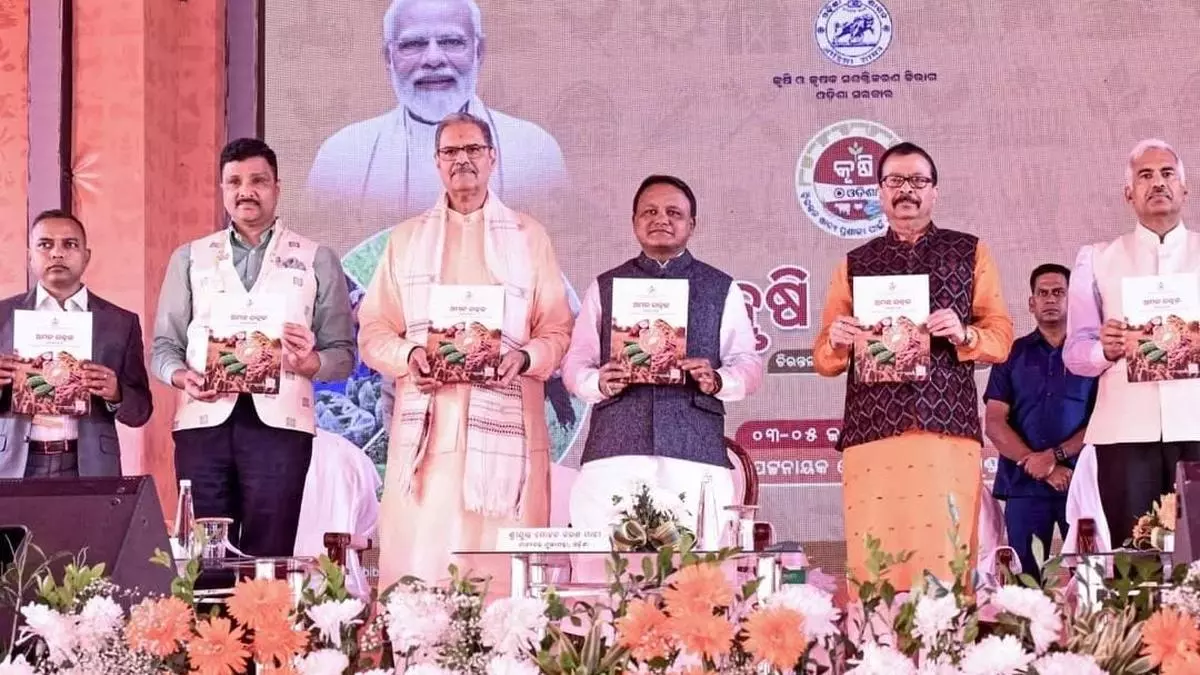
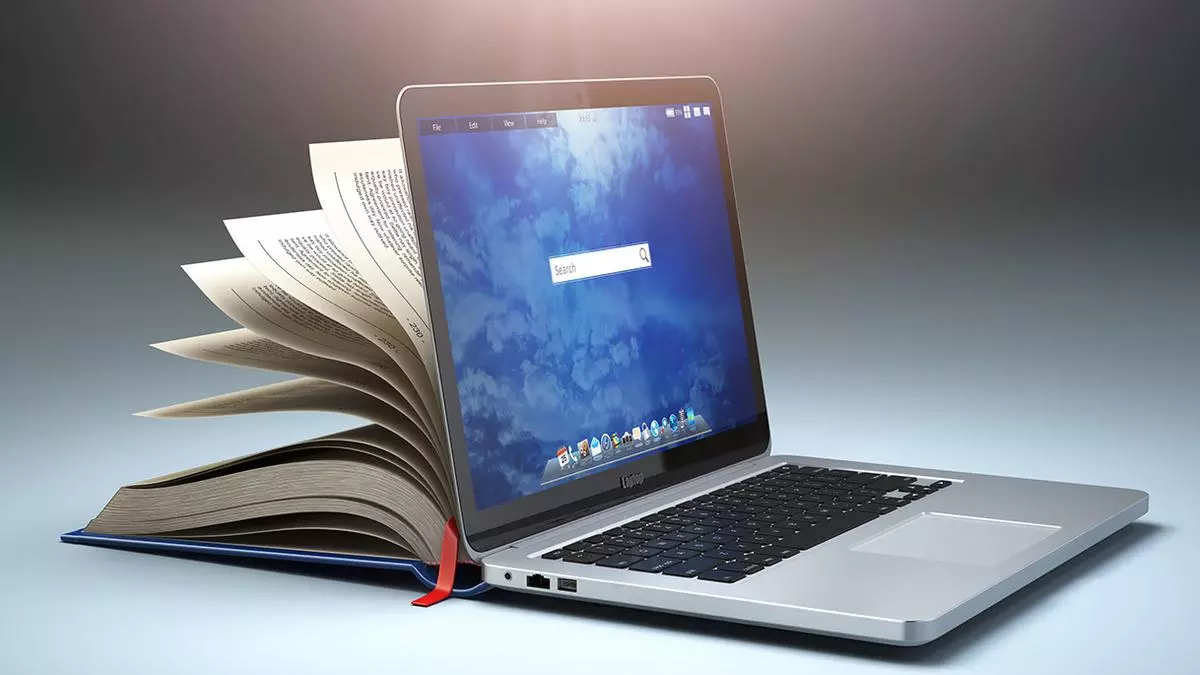
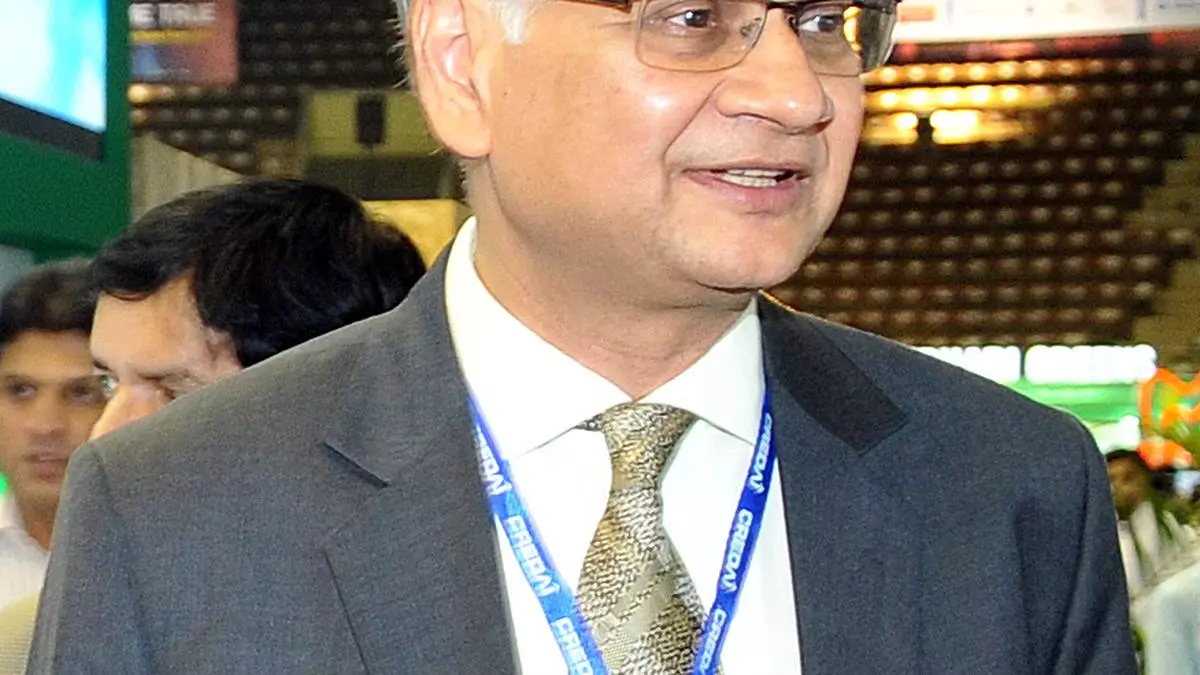



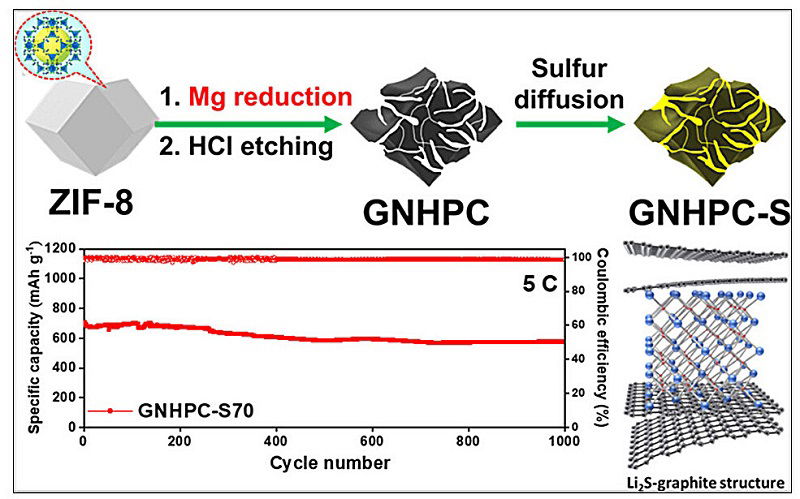

Leave a Comment